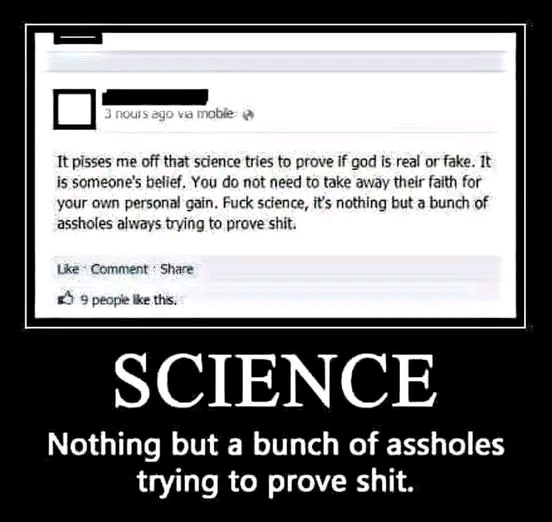Proof can be a mathematical thing, in which it's a line of logic derived from a set of axioms, and is proof beyond doubt.
Proof can also be a forensic thing, in which evidence is used to indicate someone committed a crime (or is responsible for a wrongful incident.)
Proof doesn't happen in science. Science is about making mathematical models that reflect observations in nature. When those models are able to consistently predict outcomes, they become established laws such as the law of falling bodies. If you have a tuckfun of evidence that your model is consistently accurate, then it becomes a theory.
But we can't prove ghosts or fairies exist. We can only show there's no evidence for them, despite having looked a lot of places. We can't prove God doesn't exist. We can only show we've looked in a lot of places and haven't found one.
Some folk have asserted God must exist to fulfill certain roles, such as the creation of the universe or the thing that runs natural mechanics. Some of these are beyond event horizons of observation.
But then the answer is to say we don't know what's over these horizons. Scientists will guess (hypothesize) what is over there, typically based on our observations of what's over here, which usually means assuming those phenomena we don't fully understand (ball lightning, unidentified areal phenomena) are also natural and ordinary.
Given that those things we associated with faeries and ghosts have demonstrated to be ordinary, we expect those things we once associated witg God to also be ordinary. We don't know, but so far, we've had good luck assuming everything is normal.
That's not always true. Feynman thought if there was more intelligent life we'd see more evidence by now, so we may be rare, or they may be hiding, or we just dont have communications with enough reach to talk to them. Also light is slow.
